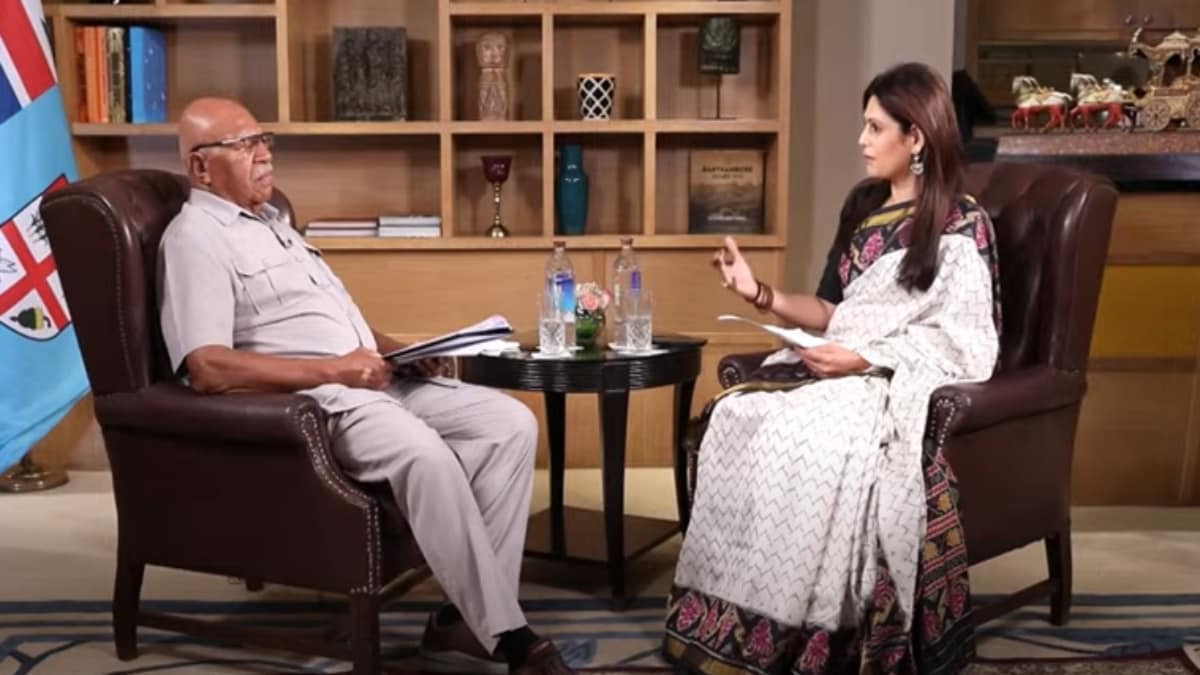

In response to the tariffs imposed by the United States under President Trump, Fijian Prime Minister Sitiveni Rabuka has urged a measured approach, advising businesses and the nation to "bide your time... roll with the punches". Rabuka's government, like many others, was caught off guard by the sudden implementation of these tariffs.
The tariffs, which include a base rate of 10% on all foreign imports and higher rates ranging from 20% to 50% for countries deemed to have major tariffs on U.S. goods, have sparked concerns about potential disruptions to Pacific economies and trade relationships. Fiji, in particular, faces a 32% tariff on its exports to the U.S., a figure close to the 34% imposed on China.
Rabuka's strategy involves several key elements:
Fiji exports mineral water, kava, fish, sugar confectionery, and wood artifacts to the U.S., and imports vital goods like medical equipment, aircraft parts, and machinery. The tariffs threaten to make Fijian products less competitive in the U.S. market, potentially harming local industries.
Prime Minister Rabuka has acknowledged India's growing influence and the need for stability in the Indo-Pacific region. He has also stated that Fiji would not welcome a Chinese military base in the Pacific, reinforcing Fiji's commitment to maintaining regional stability.
Despite his support for Trump, Rabuka has admitted that his government was unprepared for the tariffs. He hopes that existing agreements and programs with the U.S., such as the Bilateral Framework for Technical and Economic Cooperation Agreement and the USAID regional office in Suva, will not be hampered by the tariffs.
Facing these challenges, Rabuka's approach focuses on resilience, diversification, and regional collaboration to weather the storm and protect Fiji's economic interests.